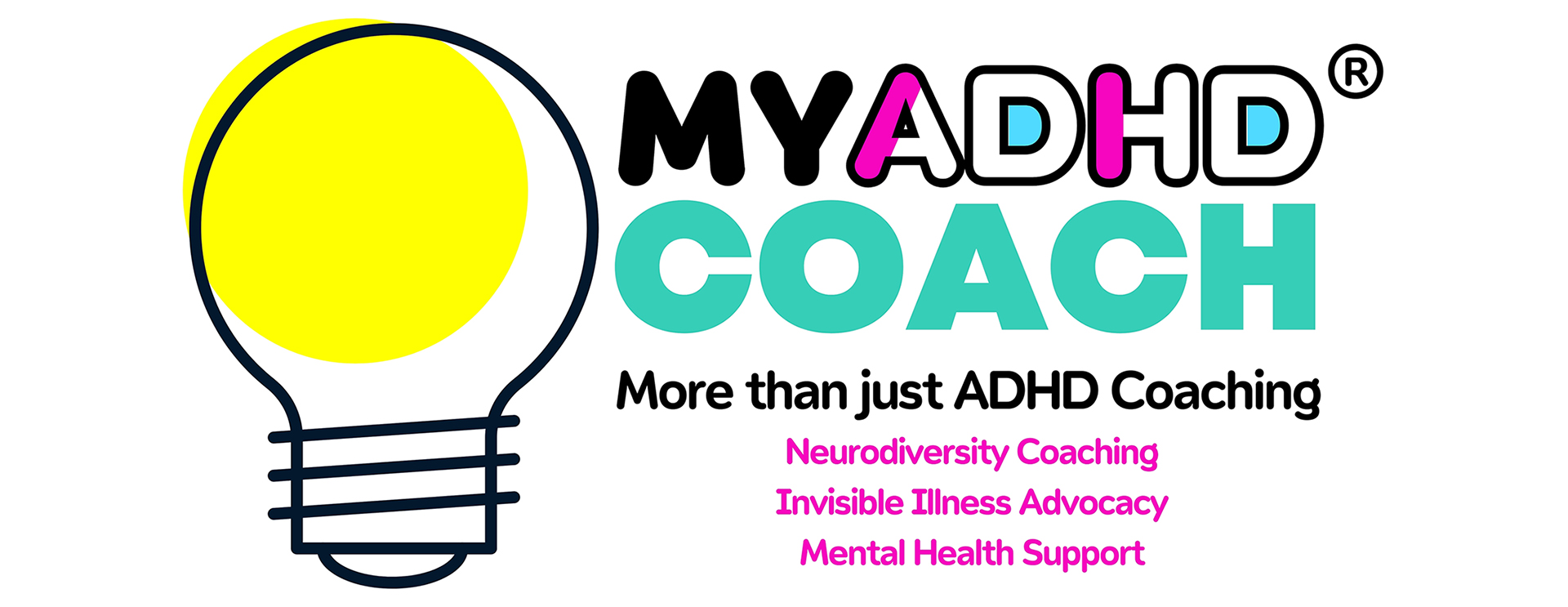Workplaces are becoming more diverse than ever, and this includes neurodiversity—an umbrella term that recognises different brain types and cognitive processing. Whether someone has ADHD, autism, dyslexia, or another neurodiverse condition, their way of thinking is just as valuable as anyone else’s. But neurodiverse individuals often face challenges in workplaces that aren’t designed for them.
Here’s what employers and employees need to know about neurodiversity in the workplace, and how to access support.

1. What is Neurodiversity?
Neurodiversity refers to the natural variation in how people’s brains work. Conditions like ADHD, autism, dyspraxia, dyslexia, and others fall under the neurodiverse umbrella. Instead of viewing these conditions as “disorders,” neurodiversity celebrates the strengths and unique ways of thinking that come with these differences.
For example, someone with ADHD may excel in creative problem-solving but struggle with time management, while someone with dyslexia may have strong verbal communication skills but find written tasks difficult.
2. Challenges Neurodiverse Employees Face
Despite their strengths, neurodiverse employees often encounter workplace barriers, including:
- Difficulty with organisation and time management
- Challenges with focus and attention
- Sensory sensitivities or overstimulation in busy office environments
- Struggles with communication and social interactions
Without proper support, these challenges can affect their performance and lead to stress or burnout.
3. Creating a Neurodiverse-Friendly Workplace
Employers can play a huge role in creating a supportive environment for neurodiverse employees.
This includes:
- Offering flexible work arrangements (e.g., remote work, adjusted hours)
- Providing assistive tools such as noise-cancelling headphones or task management software
- Promoting open communication so neurodiverse employees feel comfortable discussing their needs
- Educating the entire team about neurodiversity to build a culture of understanding and inclusion
4. How Employees Can Access Support through Access to Work
For neurodiverse employees who need additional support, the Access to Work programme offers funding to cover coaching, assistive technology, and workplace accommodations. It’s a valuable resource that allows employees to overcome barriers and perform at their best without worrying about the cost.
5. How My ADHD Coach Can Help
At My ADHD Coach, we specialise in supporting neurodiverse individuals through tailored coaching. Whether you need help with time management, focus, or managing stress, we provide personalised strategies to help you succeed at work. With Access to Work funding, these services can be fully covered, ensuring you get the support you need without financial burden.
If you or someone you know is struggling in the workplace due to neurodiversity, don’t hesitate to seek help. Contact My ADHD Coach today to learn more about how we can support you with Access to Work.
